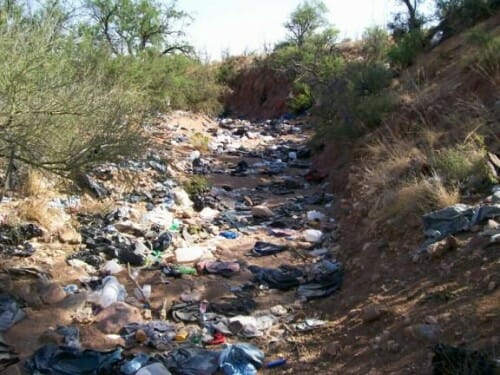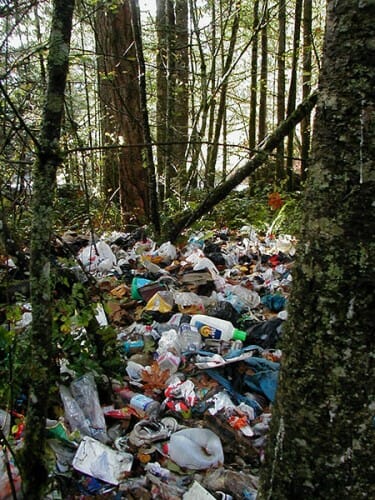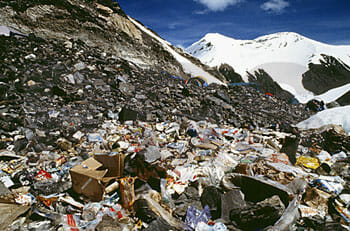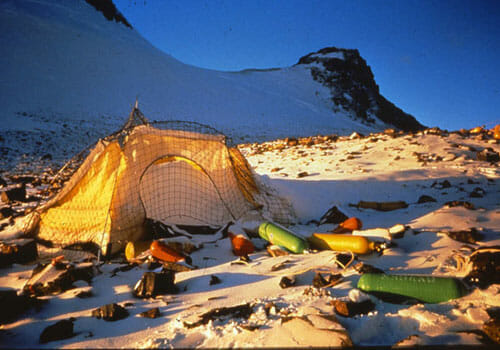Nestle: Private Company Getting Blamed for Government Incompetence
The story begins with a discovery that the permit under which Nestle's Arrowhead Water has been collecting water in the San Bernardino National Forest expired in 1988. LOL, oops. Environmental and other Leftish sites are calling for Nestle's head and somehow blaming Nestle for this.
As a permittee with the US Forest Service (USFS) in California and across the country, I can guess with pretty high confidence exactly what happened here. For years I was head of a trade group of recreation concessionaires (think lodges and guides and such) who do business in the USFS under permit. Most of these were located in California. For years, the biggest problem we have had with the USFS in California is that they are years and years behind in nearly all their permit renewals. There are literally hundreds of expired permit in the USFS in California alone.
For reasons that probably go to bureaucratic incentives, despite the Forest Service's huge budget, they are loath to allocate resources to renewing these permits -- they want to fill their organization with biologists and archaeologists and arborists, not contracts people. Making the situation worse, Forest Service and other Federal rules have burdened the permit renewal process with so many legal requirements that each one, even if trivial in size and impact, is absurdly time-consuming to complete.
This is not a new situation -- it has obtained for years. Almost five years ago I met personally with the Chief of the Forest Service in DC and begged for more resources to be assigned to permit renewals, but to no avail. I did the same in a meeting barely a month ago with the head of the USFS's Region 5 (basically California). All of us permittees have been vociferously complaining about this for years.
When you look at these situations, then, what you will see is not some evil private business trying to get over on the public, but a business that is literally screaming in frustration, year in and year out, begging the US Forest Service to address its permit renewal. Generally, local Forest Service staff will give the company verbal assurances that they should keep operating, so they do, continuing to pay their fees and operate within the guidelines of the old, expired contract.
I would be willing to bet a fair amount of money that this is exactly what happened to Nestle.
By the way, the usual groups seem to be piling on Nestle about bottled water from the Sacramento tap water system. A couple of comments:
- Environmentalists seem to obsessively hate bottled water, but ignore what a trivial, trivial percentage of total water use is bottled.
- Critics are accusing Nestle of making obscene profits on Sacramento tap water. But if they really think the spread between tap water and bottled water is too large, isn't the real issue that Sacramento is under-pricing its tap water? After all, Nestle is paying what everyone else in the town is paying for water.
- Environmentalists have a misguided fetish for local foods, often ignoring that transportation costs and energy are a tiny percentage of most food production costs (a percentage small enough to be dwarfed by differential productivity of soils and climates). But here, all they can possibly accomplish is to chase Nestle's bottling plant out of California and then have the water trucked back into the state. This might be a net gain depending on the differential value of California water vs. fuel, but we can't know that because California water pricing is so screwed up.





